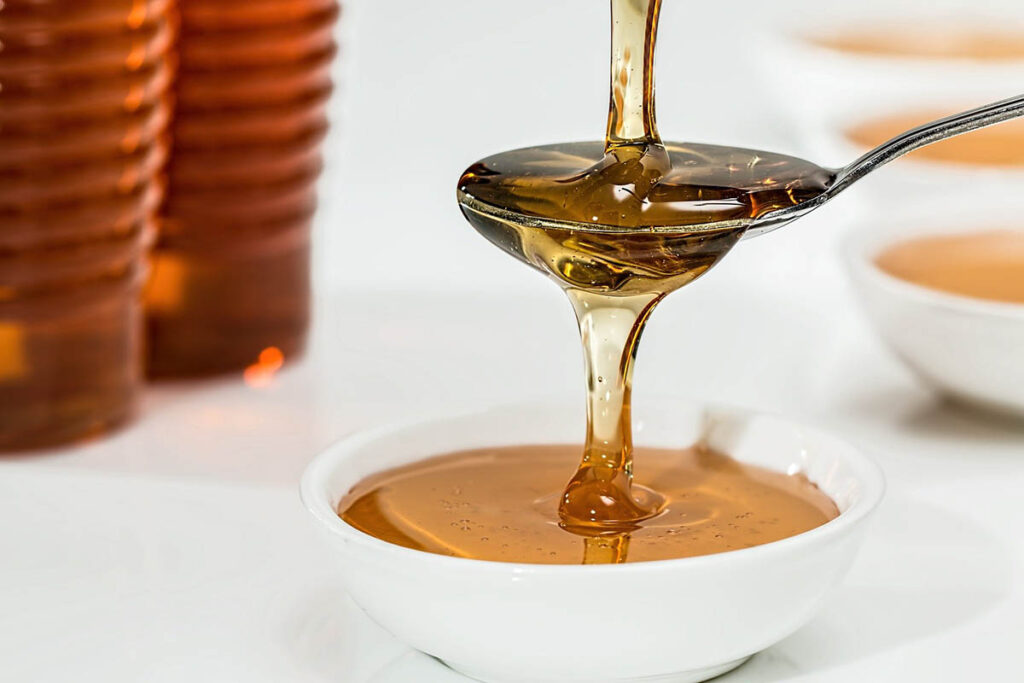The honey sector was not significantly impacted by the Covid-19 pandemic and is even hoping to recover from the bad bee years, marked by production drops of up to 80%, although the Asian wasp remains a problem.
"The impacts of the pandemic in the honey sector were not felt, since the work was never interrupted (as in other agricultural activities) and the sales of the product did not suffer a significant impact", the National Federation of Beekeepers told Lusa. of Portugal (FNAP).
As he pointed out, the sale of honey has a «marked seasonality», with a peak between autumn and winter, and the breaks were noticed only in beekeepers who make many sales in markets and fairs, a situation that was also confirmed by the Society of Beekeepers of Portugal (SAP).
According to SAP, the prospects are now "promising", despite the fact that the importation of honey from third countries and the "poor labeling of the same" constitutes a "serious obstacle" to marketing.
To this must be added competition with cheaper labor and without the “European hygiene requirements”.
The FNAP, on the other hand, foresees that 2021 will be a year of recovery, after the bad years of beekeeping between 2018 and 2020, which, in some cases, led to a drop in production of 80% due, in particular, to climatic disturbances during the flowering season.
"The campaign is ending in the North of the country and the perspective is that 2021 can be a year of recovery for many beekeepers", he noted, adding that, in the Algarve and Alentejo, there were normal harvests and that world market prices are low. stabilized.
However, in the Center and in the North, where the crestas (collection of honey from the hives) are later, «it is still not possible to foresee whether the year will be a recovery».
With regard to the Asian wasp, both FNAP and SAP confirm that it remains a problem, with the beekeeping society underscoring the lack of prevention and supervision.
“The wasp, increasingly, remains a serious problem. The extension to the south already reaches the Alentejo and I don't think the competent authorities are giving it the necessary importance. Often, companies contracted to eliminate them do so incorrectly, leading to the multiplication of nests», pointed out the president of SAP, António Hermenegildo, in response to Lusa, assuring that there is also a lack of «supervision and prevention» .
According to the latest data from the National Institute of Statistics (INE), in 2020, honey production in Portugal stood at 9.817 tonnes, of which 9.643 tonnes came from the mainland.
The Azores and Madeira, in turn, produced 128 and 46 tonnes, respectively.
Portugal has 747.145 colonies and 43.564 registered apiaries, according to data from the General Directorate of Food and Veterinary Medicine (DGAV), referring to September 2020.
FNAP represents close to 50 members, including cooperatives, producer groups and associations, including SAP.



















Comments